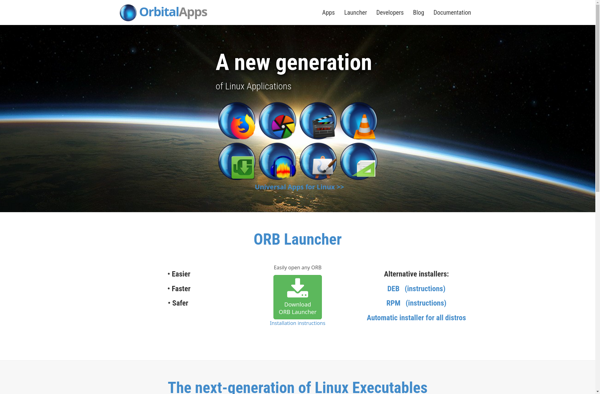Snapcraft
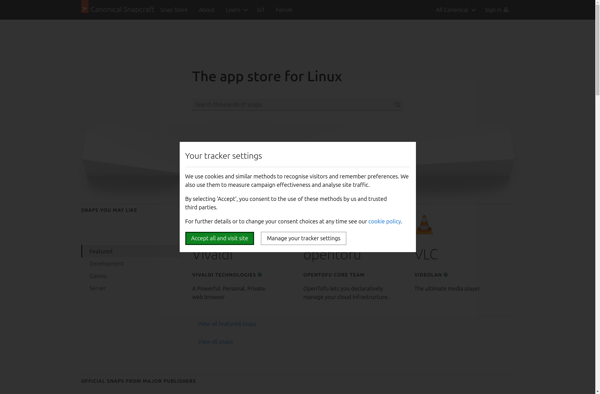
Snapcraft: Build and package Linux applications as snaps
A software building and packaging tool for distributing applications to Linux systems as containerized software packages that work across multiple distributions, with features like reusable components, automatic dependency management, and security confinement.
What is Snapcraft?
Snapcraft is an open source tool developed by Canonical for building and distributing software packages called snaps for Linux systems. It provides an easier way for developers to package desktop, server and IoT applications and deliver them across multiple Linux distributions.
Some key features of Snapcraft include:
- All-in-one packaging - It bundles all dependencies and required runtime components into a single snap package, reducing compatibility issues.
- Confinement and security - Snaps run isolated from the rest of the system with limited access to user data. This containment makes them more secure.
- Automatic updates - Snaps can be easily updated automatically directly from the software vendor rather than through a Linux distribution.
- Works across distributions - Snaps will work the same way regardless of the base Linux distribution, whether Ubuntu, Fedora, Arch Linux or others.
- Reusable components - Snapcraft includes a component system that allows reuse of parts for building snaps, speeding up development.
- Simple interface - A YAML-based definition file describes all aspects of a snap, simplifying the building process.
In summary, Snapcraft and snaps provide Linux developers an efficient way to distribute applications widely across different distributions while ensuring reliability, security and consistent updates for users.
Snapcraft Features
Features
- Automated builds
- Dependency management
- Cross-distribution compatibility
- Security confinement
- Reusable components
Pricing
- Free
- Open Source
Pros
Cons
Official Links
Reviews & Ratings
Login to ReviewThe Best Snapcraft Alternatives
Top Development and Packaging and other similar apps like Snapcraft
Here are some alternatives to Snapcraft:
Suggest an alternative ❐Flatpak
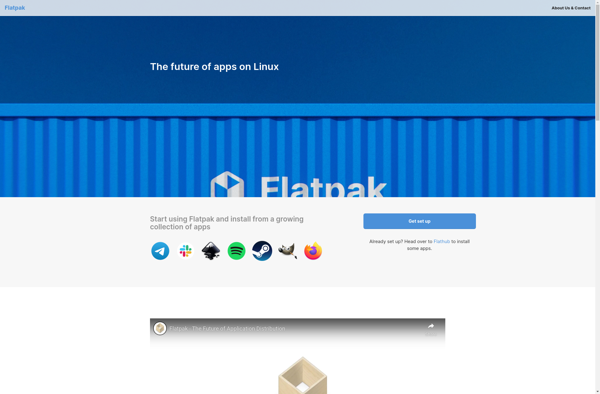
Npm

Flathub
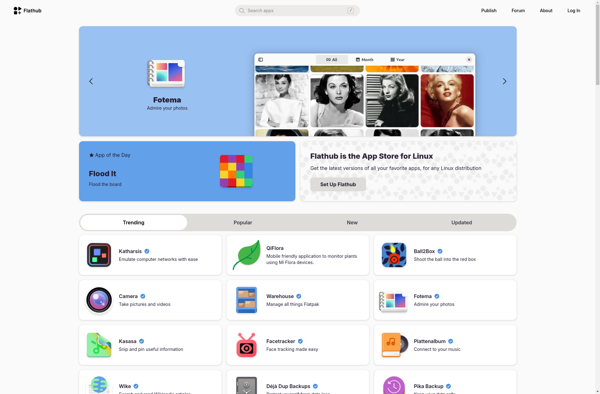
Zero Install
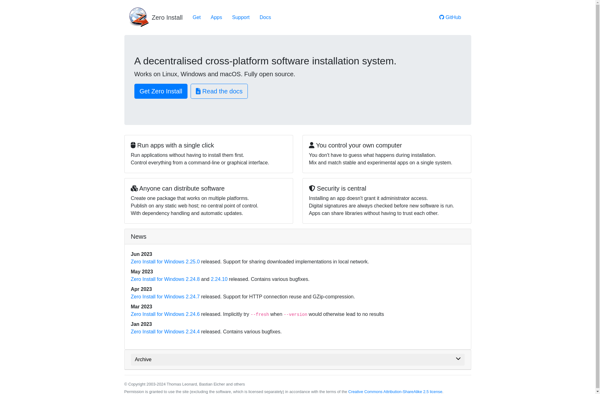
Homebrew Cask
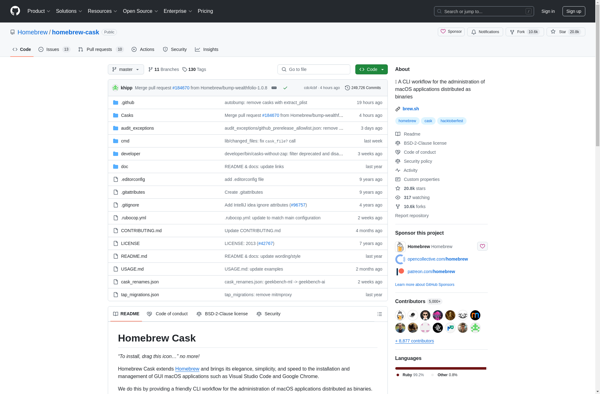
AppImageKit
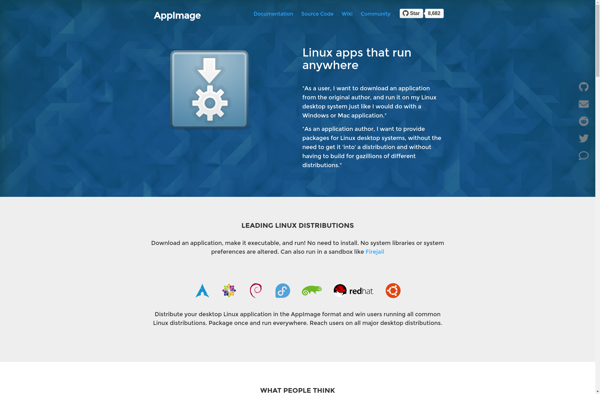
Chef Habitat
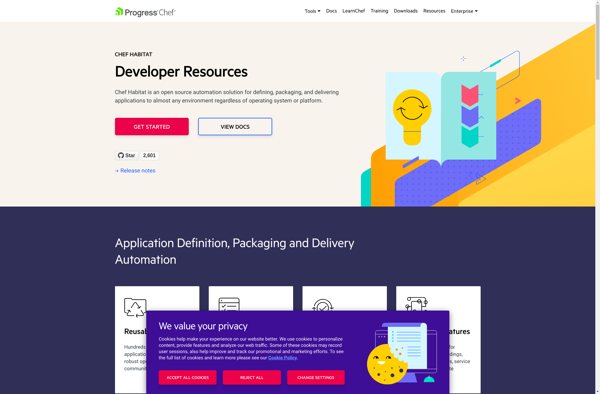
Orbital Apps
